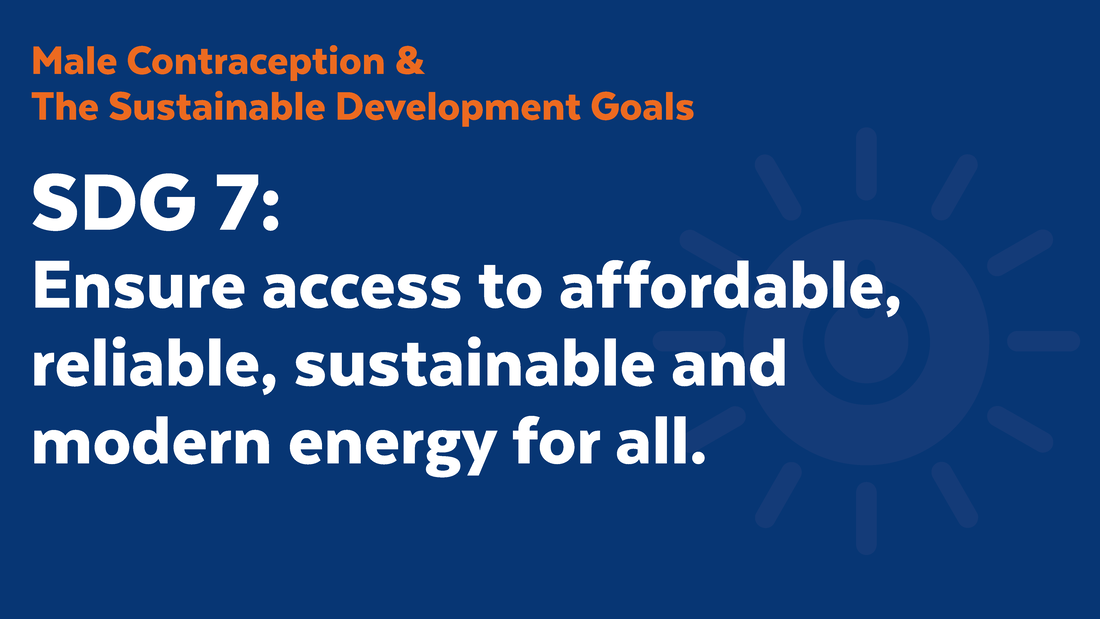|
Approximately 840 million people around the world lack access to electricity with nearly 3 billion people relying primarily on cooking systems that are inefficient and polluting. The use of wood and other fuels contribute to more than 4 million deaths due to household air pollution while also contributing extensively to deforestation and depletion of fossil fuels. Although consumption of renewable energies like solar and wind has increased 373% per decade, the impact of these gains has been diminished by the global rate of population growth. Similarly, while more people have gained access to electricity, the increasing rate of population means that these improvements are still not able to impact a significant number of the overall population. In January 2020, 11,258 scientists from 153 countries signed their names to a report recommending the need to include slowing population growth by meaningfully addressing unintended pregnancy rates as a means of meeting global energy goals that are part of the larger strategy to address climate change. Current projections predict an annual population growth rate of 81 million. This number is daunting; however, when considering an average of 121 million unintended pregnancies per year, it is clear that strategies to improve contraceptive outcomes are a powerful tool in addressing population-related issues, including fossil fuel consumption and increasing access to renewable energies. At the center of this issue is the fact that more than 190 million women report having an unmet need for contraception. While one way to address this need is by improving contraceptive options for women, we cannot ignore the other half of the population. Men are woefully under equipped to contribute to family planning goals in a sustainable, reversible manner. Investing in additional methods of male contraception will help address the unmet needs of men and their partners, allowing everyone to contribute to reducing the global demand on energy and other critical resources. That is why it’s so important to invest in new male contraceptives. Sources/References:
- “Earth Needs Fewer People to Beat the Climate Crisis, Scientists Say” from Bloomberg - “World Scientists’ Warning of a Climate Emergency” by William J Ripple, Christopher Wolf, Thomas M Newsome, Phoebe Barnard, and William R Moomaw - The World Bank’s “Tracking SDG7: The Energy Progress Report 2019” - “Powering the farthest reaches of the globe” from National Geographic - The World Bank’s “Atlas of Sustainable Development Goals 2020” Comments are closed.
|
Categories
All
Archives
June 2024
|
|
|
Donate to Male Contraceptive InitiativeYour generous donation makes a difference!
|
© Male Contraceptive Initiative. All rights reserved.


 RSS Feed
RSS Feed
